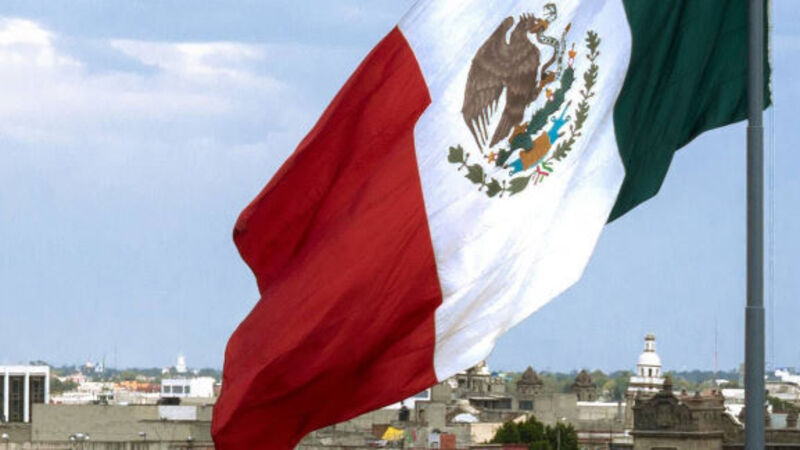Mexico in line for more than €5.5bn oil price windfall

The Latin American country locks in oil sales as a shield against price declines through a series of financial deals with banks including Goldman Sachs, JPMorgan and Citigroup. For 2015, Mexico guaranteed sales at almost $30 a barrel higher than average prices over the past year.
The 2015 payment, due next month, is set to surpass the record from 2009, when the Mexican government said it received $5.1bn after prices plunged with the global financial crisis.
















